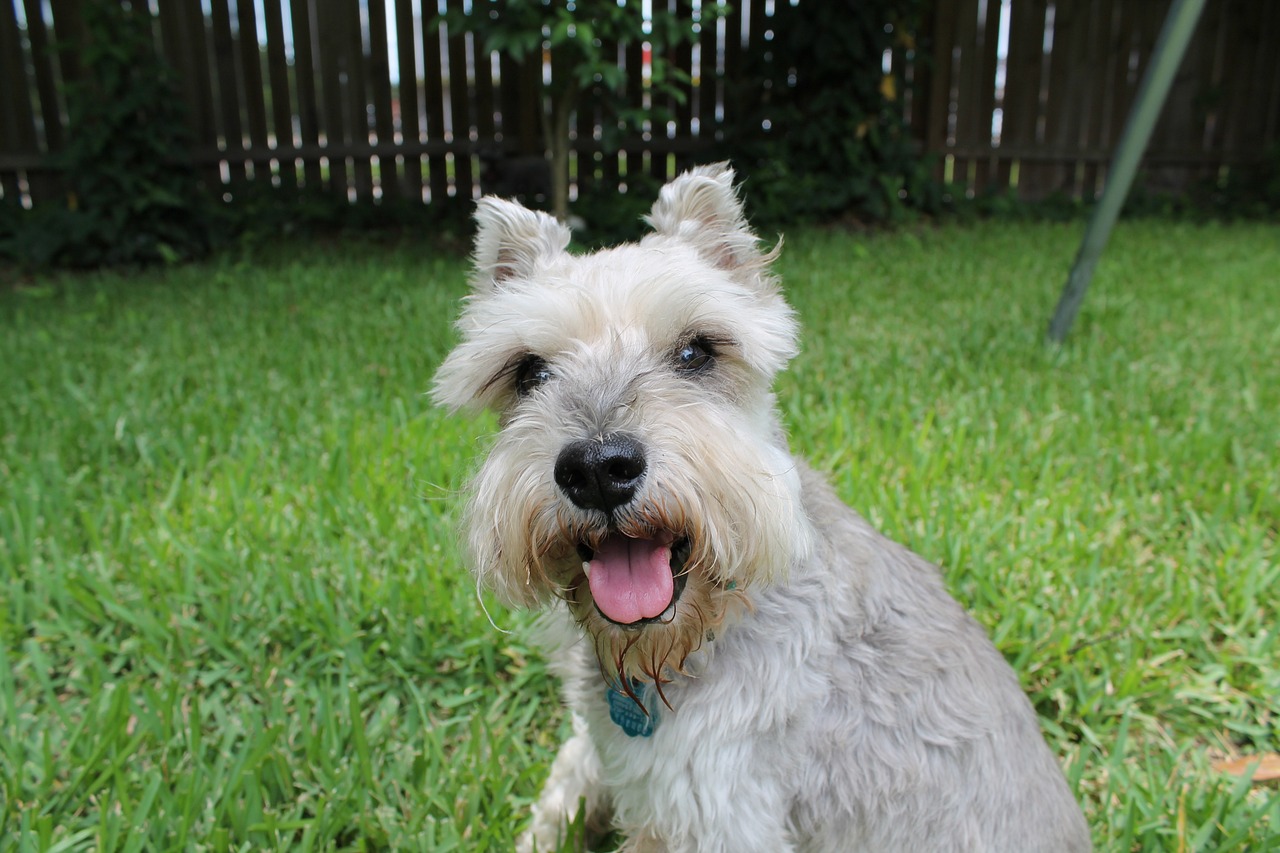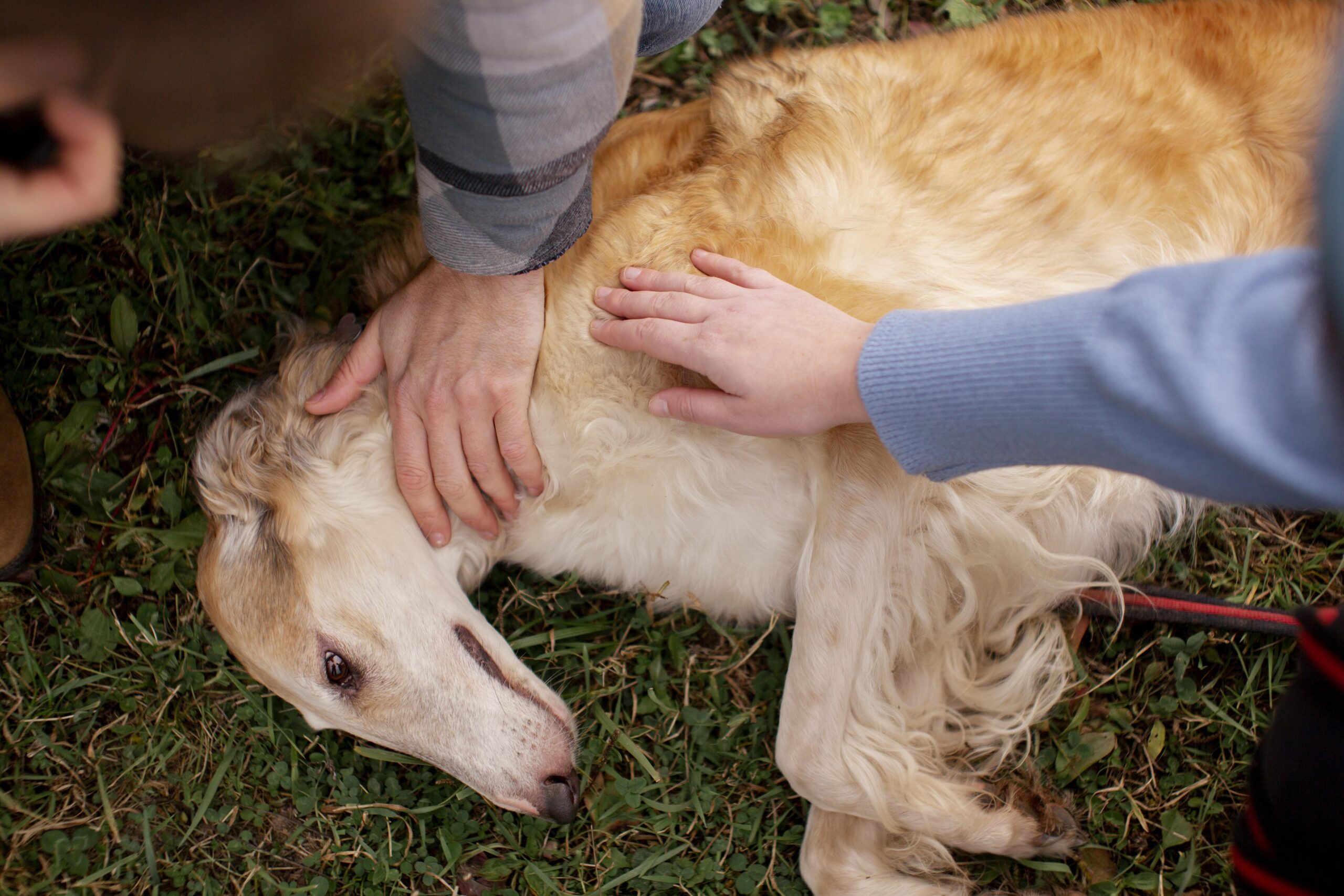If you are a Mini Schnauzer owner or considering getting one, it’s crucial to be aware that they are more prone to severe health issues than their larger relatives. Keeping this in mind, some common health problems experienced by Mini Schnauzers include
Kidney stones
This phrase refers to urinary tract kidney stones, called Calcium Oxalate Urolithiasis. Sadly, Mini Schnauzers are the most susceptible to kidney and bladder stones. The study found that tiny Schnauzers had an 11.8 times higher prevalence of calcium oxalate uroliths than other breeds.
Due to breed-related urinary tract issues, females are more prone to stones, especially struvite stones. Even though kidney or bladder stones are rare in male dogs, severe instances can create a life-threatening urinary obstruction. Thus, if your Mini Schnauzer is over 6, you must actively look for kidney stones.

Congenital Myotonia
Miniature Schnauzers with this hereditary muscular condition have over-excited muscle cells that stay constricted after activity. Dogs have several challenges over time without the capacity to relax their constricted muscles:
Hypothyroidism
Hypothyroidism affects middle-aged and elderly canines and is more common in schnauzers. When thyroid glands shrink or become irritated, thyroid hormone production decreases. Many issues might arise, including:
Central hypothyroidism, a rarer form of hypothyroidism, is only found in Mini Schnauzers, especially those with dwarfism. It behaves similarly to the typical variant, making differentiation difficult. The main research said:
Identifying primary and central hypothyroidism is challenging due to thyroid gland atrophy caused by TSH insufficiency in central hypothyroidism. The Miniature Schnauzer case suggests that secondary hypothyroidism is more widespread in other breeds and may explain the canine TSH assay’s limited sensitivity. However, the same study found that synthetic levothyroxine dramatically improved the following in dogs:
Pancreatitis
The normal canine pancreas produces enzymes to facilitate digestion. These enzymes must reach the small intestine to digest the food. In pancreatitis dogs, enzymes activate immediately and inflame and damage the pancreas, tissues, and organs. If neglected, this condition can cause major digestive and health complications.
Pancreatitis in a Schnauzer may not be obvious at first, or you may think it’s something else. However, you must watch for signs to treat the disease quickly.
Hip Dysplasia
A substantial percentage of dogs have hip dysplasia, which can be reduced by selective breeding. Hip dysplasia causes two primary problems in schnauzers:
- Chronic cartilage loss and arthritis
- Subluxation on the femur head causes joint laxity.
Both disorders affect your dog’s ability to run, play, and rest.
If your dog has this genetic condition, your vet may propose one of three surgeries:
Triple or double pelvic ostectomy
Femoral head removal
Total hip replacement
Follicular Dermatitis
This last Schnauzer health issue is not life-threatening but can infuriate your dog and require treatment. It’s usually caused by bacteria in the hair follicle, which irritates your dog’s hair follicles and causes papules with hyperpigmentation and itchiness.





